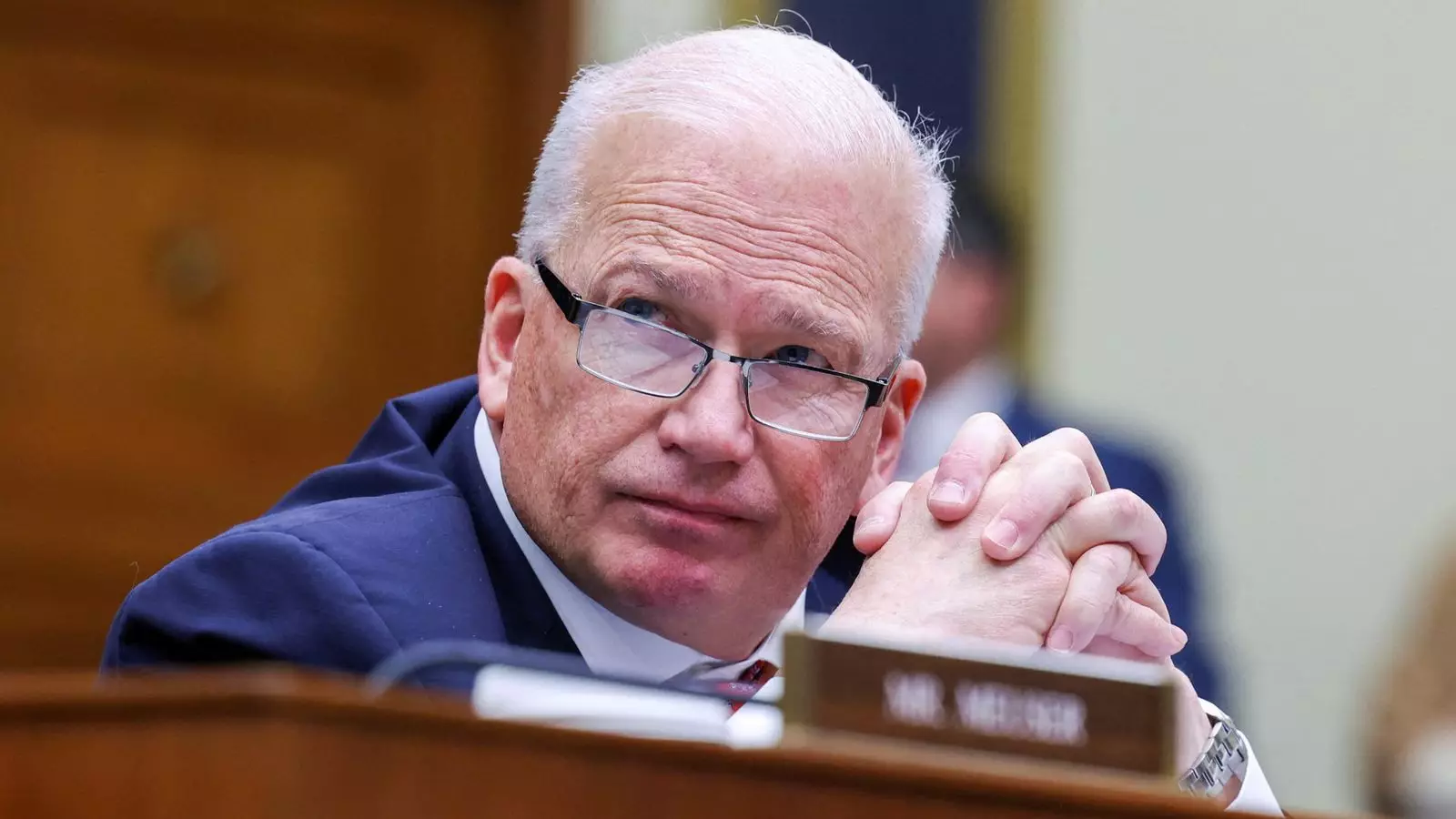The recent discussions surrounding the coordination of US tech giants to oppose European and UK digital regulations reveal a troubling pattern of corporate collusion disguised as strategic solidarity. What might appear as a united front is, in reality, a calculated effort by powerful multinational corporations to dominate and shape policy environments that threaten their profits and control. This aggressive resistance to regulation exposes a dangerous arrogance that discounts the will of democracies to establish safeguards for their citizens’ rights and safety. Far from a benign alliance, it is a bastion of corporate entitlement, wielding influence over legislation that should prioritize public interests. The very notion of these companies “fighting off” regulation underscores their perception of sovereignty—over digital spaces, and ultimately over our democratic societies.
The Power Dynamics of Corporate-Political Alliances
The involvement of high-profile politicians like Republican Senator Scott Fitzgerald underscores how deeply entrenched these corporations are within political corridors. Their meetings with lawmakers serve to give legitimacy to corporate interests in the legislative process, blurring the lines between policymaking and profit-driven agendas. By hinting at a “united front,” these companies aim to present their collective voice as a counterbalance to government regulation, framing it as a threat to free enterprise rather than as a necessary step for safeguarding societal wellbeing. This tactic is insidious—using the guise of opposition to prevent regulation that could curb harmful or exploitative content, while reinforcing their dominance through covert cooperation. Such alliances threaten the very fabric of democratic accountability, replacing it with corporate influence that risks overriding the rights and safety of citizens.
The Danger of Corporate Overreach and Regulatory Evasion
What is most alarming is the suggestion that these tech giants might be working secretly to sabotage or weaken legislation designed to protect users. If true, this is a blatant abuse of their economic and political power, aiming to sideline extensive legal frameworks intended to curb misinformation, hate speech, and violence online. The implication that these companies might utilize political unity to stifle regulatory efforts calls into question their accountability, transparency, and respect for democratic processes. It’s a stark reminder that the tech industry—once celebrated for innovation—has morphed into a monopolistic force seeking to manipulate rule-making to secure their own interests, often at the expense of public good. As digital citizens, we must remain vigilant and skeptical of corporate narratives that seek to portray their resistance as defense of free markets, when in fact it may be a calculated attempt to preserve unchecked power.
The Broader Impact on Society and Democracy
The implications of such collusion extend well beyond corporate boardrooms and political speeches. When major tech firms band together to oppose regulation—particularly in regions like Europe and the UK that are actively seeking to implement public interest safeguards—they threaten to erode the principles of digital sovereignty. Citizens in democratic nations deserve protections against social media abuse, data exploitation, and harmful content. Instead of overhauling legislation to address these issues meaningfully, powerful corporations seem more focused on maintaining a digital landscape that favors their economic interests. This scenario not only jeopardizes individual freedoms but also undermines the very democratic ideals that we seek to uphold: accountability, transparency, and the capacity of governments to serve their populations. Increasingly, it feels like we are witnessing a corporate-driven push to dominate the regulatory agenda, pushing aside public debate in favor of corporate interests cloaked under the veneer of national security or free enterprise.


Leave a Reply